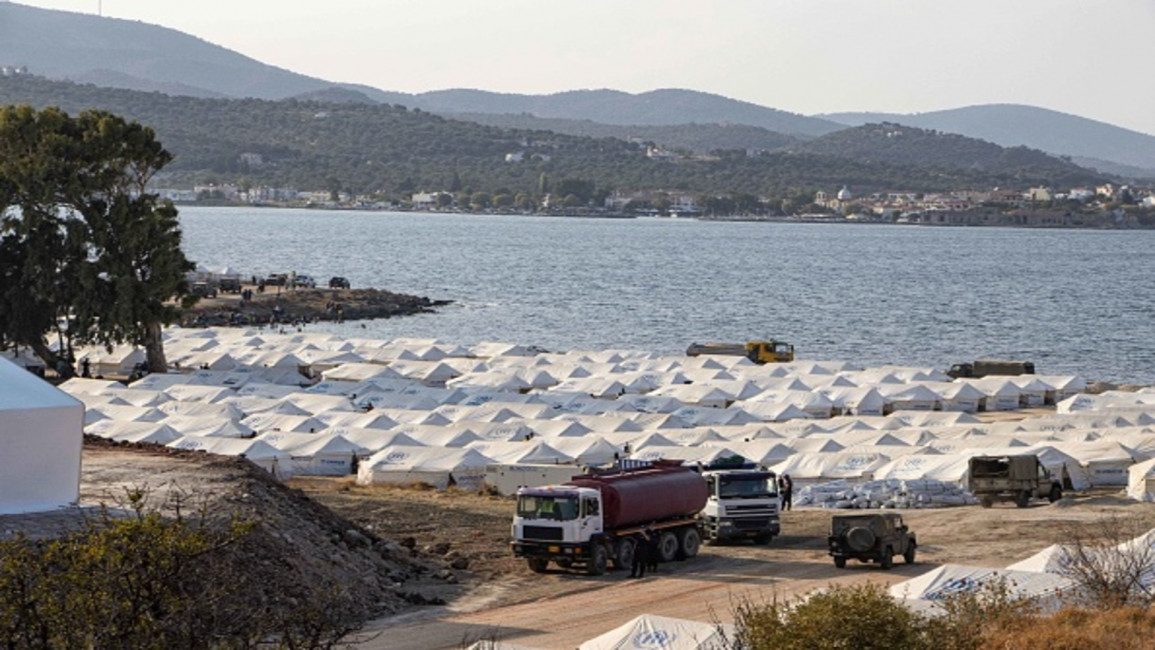HRW accuses Greece of downplaying concerns over toxic lead at Lesbos refugee camp
Refugees living in a new refugee camp in Lesbos are at serious risk of lead poisoning, Human Rights Watch said on Wednesday, dismissing reassurances from the Greek government about the location’s safety.
Greek authorities built the Mavrovouni migrant camp in September 2020 on the site of a former firing range after the notorious Moria refugee camp was destroyed by fire.
Human Rights Watch have urged the government to test the camp site for lead and verify that the lead levels were within limits applicable to residential areas.
The human rights group said on Wednesday that the results of testing conducted by the Greek Institute of Geology and Mineral Exploration (EAGME) were “insufficient."
The EAGME report, released last month, does not adequately “assess the extent and severity of lead contamination at the camp and risks to people’s health,” HRW said in an explainer on its website.
|
|
EAGME experts avoided collecting samples from the area of the hill that had elevated lead levels, HRW said.
The human rights watchdog also slammed the government for referencing the lead levels at the camp against those of industrial areas “where workers wear protective equipment and children are typically not present,” rather than those of residential areas.
The Mavrovouni migrant camp currently houses 6,900 people, including at least 118 pregnant women and 2,552 children, according to government data provided to Human Rights Watch in November.
Most of the refugees come from conflict zones in Iraq, Syria, and Afghanistan, as well as African countries.
Children are at heightened risk as they absorb four to five times as much lead as adults. Exposure during pregnancy can result in stillbirth, miscarriage, and low birth weight, and can negatively affect foetal brain development, HRW said.
Read also: Greece to build new camp on Lesbos by summer 2021
The dusty soil in Mavrovouni camp makes it more likely for residents and staff to inhale or ingest contaminated soil or dust. Camp residents also have limited access to water to wash off contaminated soil.
The Greek government has dismissed the relevance of scientific studies on lead contamination at firing ranges, such as the one where the Marovouni camp was built, saying this research only found that shooters inhale lead while shooting but did not examine soil contamination.
Follow us on Facebook, Twitter and Instagram to stay connected



